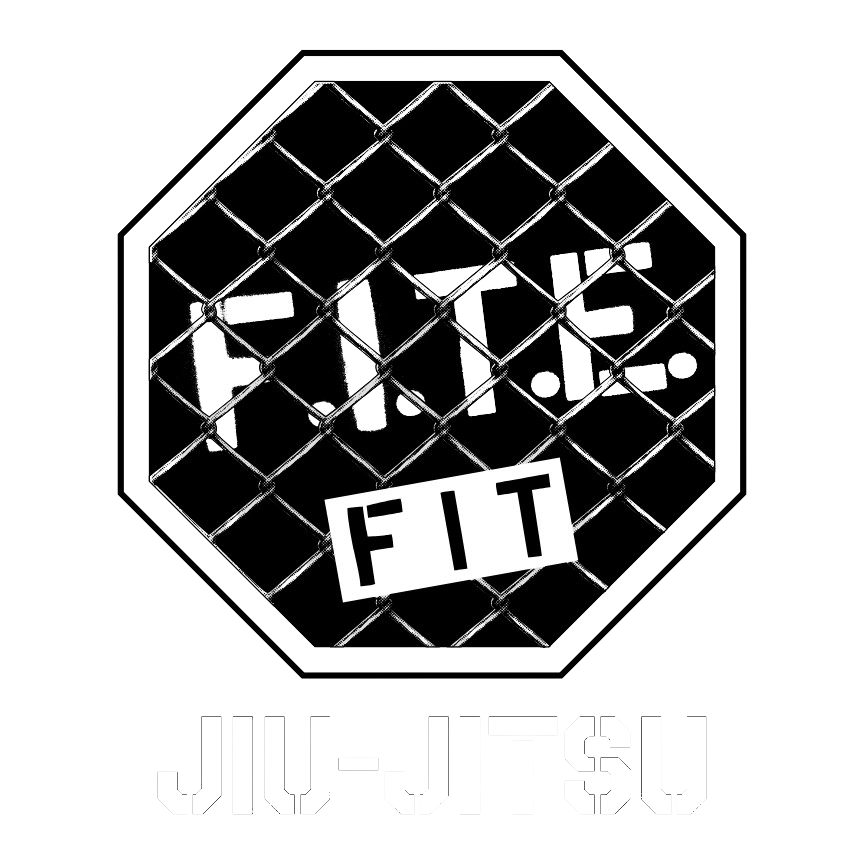Introduction
I have been asked the question “what food is best for training and competing in Brazilian Jiu-Jitsu?” This is a loaded question and there is no cookie cutter answer I can give to everybody. Let me preface the rest of this post by stating that I am not a nutritionist nor a healthcare provider and I can only describe what has worked for me. Eating is very personal and what works for one person may not work for another person based on lifestyle, genetics, and overall health. However, I do believe there are certain principles that apply to almost everyone when it comes to eating for a sport like BJJ. I do not believe that you can eat a certain way for a certain amount of time and get the long-term results you want, but rather how you eat consistently over time will deliver the best outcome.
Timeline
When I am preparing for a BJJ competition I first decide on a date that makes sense. A typical training camp can be anywhere between 8 – 12 weeks. The training camp consists of regular BJJ training sessions with lots of live sparring (rolling), additional fitness, rest, recovery, and of course healthy eating habits. On a daily basis my diet is fairly healthy (low carbs, veggies, lean meat), but when I am getting ready for competition, I am simply more aware of what I eat. During the training camp I am eating to maintain a certain weight and I may adjust the quantity or portions of my meals depending on the weight class I sign up for. If I want to gain strength, I will increase the amount of protein I eat in order to acquire muscle mass. I am also more mindful to stay away from greasy food during training camp as I feel it slows me down. Certain foods just make me feel better when I train, such as veggies and salmon, so I will increase the frequency of eating them. As I get closer to competition I tend to eat cleaner and this helps me physically and mentally as I prepare for event day.
Meal Prep
One of the things that has helped me eat better during competition training camp is being more disciplined in my food shopping. We are all creatures of habit and I am no exception. I like to snack, especially at night. Shopping for snacks that will help my training such as fruits, nuts, whole breads, and low sugar snacks will assure that I am treating myself to foods that will help me reach my competition goals. As I mentioned earlier, I generally eat healthy, but I will have pizza, burgers, and fried food on occasion. I just need to make sure that’s not all I’m eating! Therefore, I plan ahead by making a list of what I know is good for me to keep around the house, then I stock up on those items. I’ll eat what’s available so I need to make sure that what’s available is going to help me feel good and perform well.
Competition Day
The meal on the night before the big day is an important meal, in my opinion. Food is fuel and I want premium fuel in my tank on competition day. Therefore on the night before competition day I eat lean meat like chicken or fish, coupled with veggies and light carbs (brown rice or whole grain rice). My go-to for protein on pre-comp day is salmon because I like how my body digests it and how it makes me feel. On competition day I prefer a light breakfast such as oatmeal. Also on comp day I will pack some light snacks such as nuts, low sugar protein bars, and fruit. Once my meals are taken care of and the work has been done I trust my body to do what it’s been trained for.
Food is Fuel
As I mentioned before, food is fuel. What kind of gas do you put in a sports car? Premium fuel! If you want to perform like a Ferrari, then you need to put the best possible gas in that car. You wouldn’t put cheap gas in a sports car, or the car wouldn’t perform how it’s supposed to. Your body operates the same way. You need to eat foods that provide sustainable energy so that you can perform your best. Foods like lean meats, vegetables, and whole grains are the types of foods that will help you perform like a Ferrari!
Conclusion
Eating for competition is a part of my training regimen. Maintaining healthy eating habits allows me to adjust those habits and really zone-in when it’s time to compete. The only difference between how I eat for competition and how I eat on a regular basis is awareness. During competition training camp I am very aware of what goes into my body. The saying “garbage in, garbage out’ applies to eating like anything else. Make “quality in, quality out” your mantra, and your performance will realize the benefits of healthy eating choices. Everyone is different so there is not 1 specific diet that works for everyone. Find what works for you and eat so that your body performs well on competition day.



